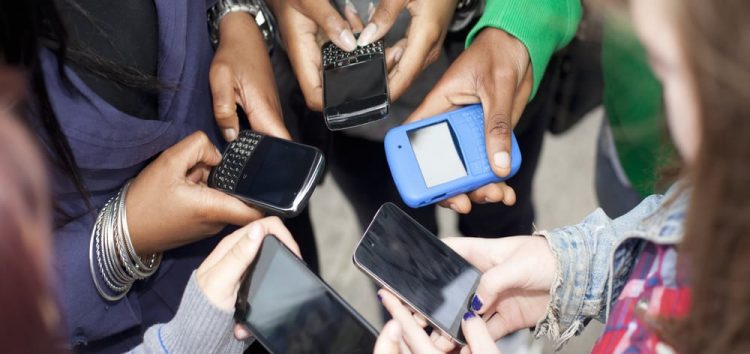Social media apps have become more than just platforms for social interactions and engagements. Platforms like Facebook and Twitter have become some of the biggest business marketing and advertising media in the world.
So big that the global social media advertising market, currently valued at about $102 billion, is projected to more than double that figure by 2027 ($248 billion). Indeed, business has become social and vice versa.
In the same vein, social media has become a major force for influencing political decisions as well as the spread of religious messages across the world. But where there’s honey, one must always expect to find bees and as such, social media, due to its massive popularity, has also led to the rapid increase and modernisation of scams.
According to a Kaspersky report, 7 out of every 10 Africans (69%) have either suffered attacks from social media scammers or have a relative who has. These scammers usually pretend to be someone familiar to their prospective victims and using the familiarity to request help. 6 out of every 10 Africans admit to having received such a request.


Scammers have even upped their game by actually hacking social media accounts and while disguising as the real owner, request for financial assistance from the friends of the hacked accounts. 61% of social media users said they or their affected loved ones actually identified the scammers immediately.
This kind of manipulation scheme has gotten a lot of people on social media on alert, however not alert enough to take safety precautions seriously. According to the report, 38% of users admit to using antiviruses and other special apps to protect themselves. 32% installed Caller ID while 31% use in-built phone functions for identifying fake numbers in case of two-factor authentification.
The fraudsters may find your personal data in your social media account and use it, for example with social engineering methods. In this case, we shouldn’t forget about basic security rules. For example, it’s better to hide private data and double-check your interlocutor if he urgently asks to transfer money or open a suspicious link
Maher Yamout, Senior Security Researcher at Kaspersky
To help protect against these kind of manipulative schemes, Kaspersky recommends the following basic security rules:
- Do not click on suspicious links in emails and messages in chats
- If you have found out about a particular promotion and want to participate, check the official website or official social media accounts to reassure that this company or brand is holding it
- Install a reliable security solution with up-to-date databases of phishing sites, scams and spam
- Never share confidential information with third parties, including a one-time code from an SMS or push notification
- Install a solution that detects phone numbers of spammers and fraudsters
- Remember: if an offer on the Internet sounds too tempting to be true, then most likely it is fake






